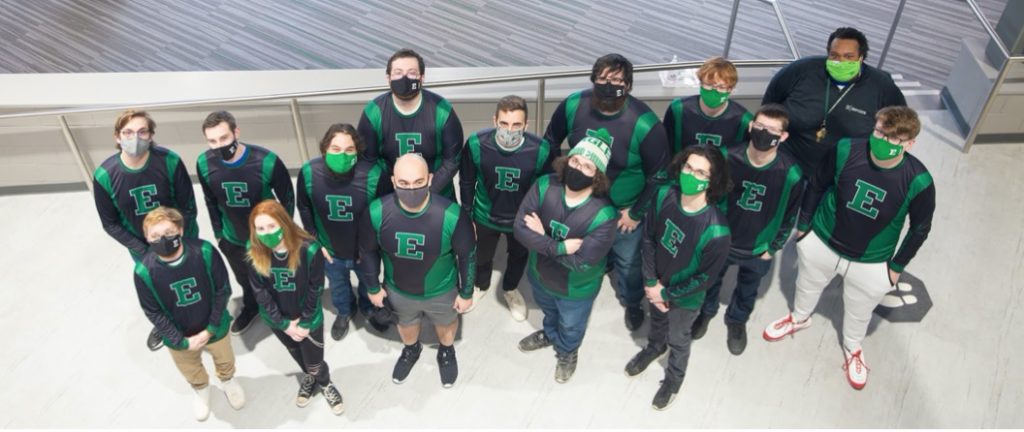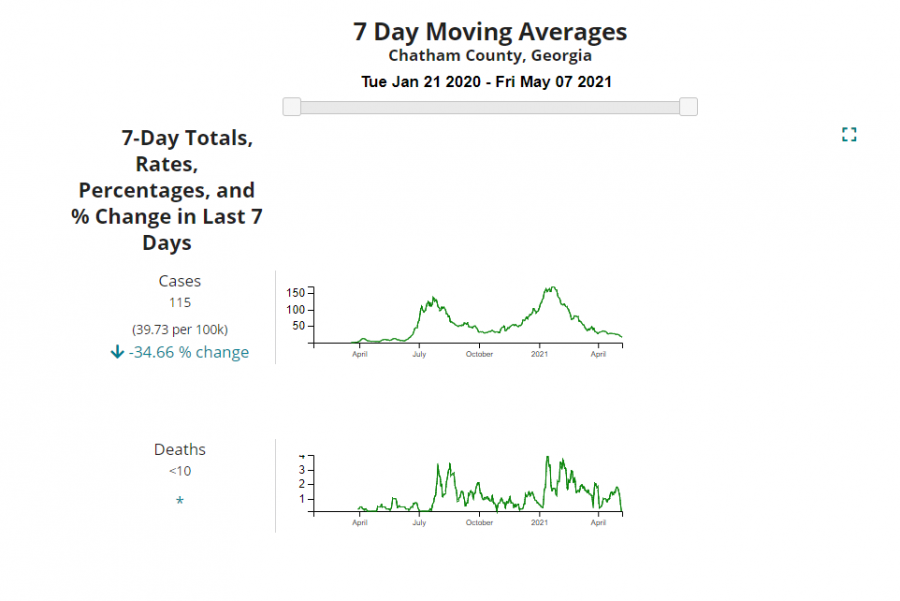Posted on 15 July 2021.
“The original idea of the web was that it should be a collaborative space where you can communicate through sharing information,” Tim Berners-Lee, inventor of the World Wide Web, told the BBC in 2003. “The idea was that by writing something together, and as people worked on it, they could iron out misunderstanding.”
According to its founders, the Internet was supposed to finally democratize the public sphere. Yet after a year of resharing Instagram infographics about some of the world’s greatest tragedies — many eerily cast on pink floral backdrops — I wonder if the very things we cherish most about social media are simultaneously hurting us. When it comes to political discourse, the commodifying incentives of the Internet compel us to value the aesthetics of virtue over actual virtuous living. And while these forces have made it incredibly easy to express ourselves online, social media has made it virtually impossible to live authentically.
In his 1959 book entitled The Presentation of Self in Everyday Life, sociologist Erving Goffman introduced a new theory of identity performance that he referred to as the “dramaturgical model of social life.” According to this model, almost every human interaction includes some aspect of performance, either consciously or unconsciously. It’s why we act differently at a job interview than we do spending time with friends. It’s why we’re often forced to ask questions like, “Do I really want to learn the guitar, or do I just like the idea of playing the guitar?” or “Will I actually use this New Yorker subscription, or do I just want to be someone who reads the New Yorker?”
Importantly, however, when Goffman was writing in the 1950s, Americans still had moments where they were able to go “backstage.” Goffman theorized that when we left the public arena to spend time with loved ones or relax at home, we could live as our authentic selves. Since the advent of social media, however, the public arena never closes. With the entire world sitting comfortably in your pocket, the performance never stops.
Social media is perhaps the ultimate exercise in identity performance. The mere act of creating a social media profile forces us to view ourselves from the perspective of an outsider and to see ourselves less as a complex individual and more as a “brand” or “aesthetic.” As we curate our Instagram feeds, retweet celebrity memes and publish to VSCO, we’re not just choosing what to post, but who we want to be.
This trend is only amplified in politics. According to political scientists Christopher Johnston, Howard Lavine and Christopher Federico in their book Open versus Closed: Personality, Identity, and the Politics of Redistribution, “engagement causes one to ignore material self-interest on economic matters in favor of expressing an (elite-created) cultural identity.” This means that while less engaged voters might form political opinions based on potential material benefit, the more outwardly political someone becomes, the more likely they are to view politics as an act of self-expression. The question of “What would ‘Medicare for All’ mean for me and my family?” slowly becomes “What will supporting ‘Medicare for All’ say about me?”
Now, not only do we need to know what happened, but we immediately need to know what we think about it (and how to fit that opinion into 280 characters). We’ve found ourselves in a social framework where to exist means to have an opinion, which consequently makes it very easy for opinion formation to seem like a way of taking action, when in reality, it’s primarily a form of self-expression.
Political scientist Eitan Hersh refers to this phenomenon as “political hobbyism.” According to Hersh, while political hobbyists might listen to a lot of talk radio and read the Washington Post, they very rarely actively engage in community organizing or campaign work. I’m inclined to believe that the rise of social media has something to do with this. The Internet has entirely bloated our sense of self-importance, causing us to view opinion formation not as the first step in a greater process of persuasion and collective organization, but as a substitute for further engagement altogether.
This politics-as-sports mentality incentivizes us to value the performance of activism more than activism itself, a structure that has led to the rise of so-called “cancel culture.” On the right, cancel culture seems to be any time a right-wing political actor receives backlash (my favorite example being when Donald Trump’s lawyers referred to his second impeachment hearing as “constitutional cancellation”). Instead of engaging with the left’s arguments on their merits, savvy right-wing political actors such as Tucker Carlson have instead chosen to create a moral panic about the mere presence of the argument itself. For these conservatives, “cancellations” can ironically become incredibly lucrative. After all, what’s a better origin story for a right-wing pundit than having “triggered the libs” to the point of cancellation?
Yet despite a large segment of the cancel culture debate operating in bad faith, there does seem to be a genuine unease people feel with growing “left-wing illiberalism,” to borrow a phrase from New York Times columnist Michelle Goldberg. While downright “cancellations” are probably not as ubiquitous as Fox News hosts would have you believe, I agree with Goldberg that the left’s greatest challenge seems to be its general disinclination toward persuasion.
During last summer’s Black Lives Matter protests following the murder of George Floyd, I was struck by the sheer number of white creators I saw posting something along the lines of “if you don’t support BLM, unfollow me.” While these posts were admittedly the minority, they seem to speak to a growing sentiment on the left — namely, that it is “not my job to convince you.” This mindset obviously doesn’t lend itself to winning many political fights, not to mention that it lessens one’s usefulness as an ally to BIPOC and other marginalized communities. But it is exactly this mindset that is most rewarded in social media political discourse.
I’ll admit it: Getting likes on social media feels great. It is a lot more satisfying to dunk on someone’s bad take and watch the retweets roll in than it is to quietly message someone and empathetically convey your arguments. The latter may be more politically constructive, but the former comes with an algorithmically-assisted dopamine hit. Corrosive as it may be, social media encourages us to view politics as performance — and if it is all a performance, then it is only natural that we cater to the audience on our followers list.
It might go without saying, but I am an active contributor to this problem as well. For one, I am fully aware that writing an op-ed about the dangers of performative activism is itself deeply ironic. I come to this debate not necessarily from a place of indignation, but from one of admitted self-interest.
With the risk of sounding like a 70-year-old uncle, I genuinely worry about the ways social media will affect us long term. Not only are some of these trends clearly detrimental to our political systems, but they also seem to be eroding us as individuals. Without opportunities to go backstage — to separate ourselves from the avatars we see on our screens — it becomes more and more difficult to understand ourselves outside of this never-ending performance. The Internet has blurred the lines between public and private, opinion and action and, perhaps most importantly, our true selves and how others perceive us.
Sarah McGrath ’24 can be reached at sarah_v_mcgrath@brown.edu. Please send responses to this opinion to letters@browndailyherald.com and op-eds to opinions@browndailyherald.com.










